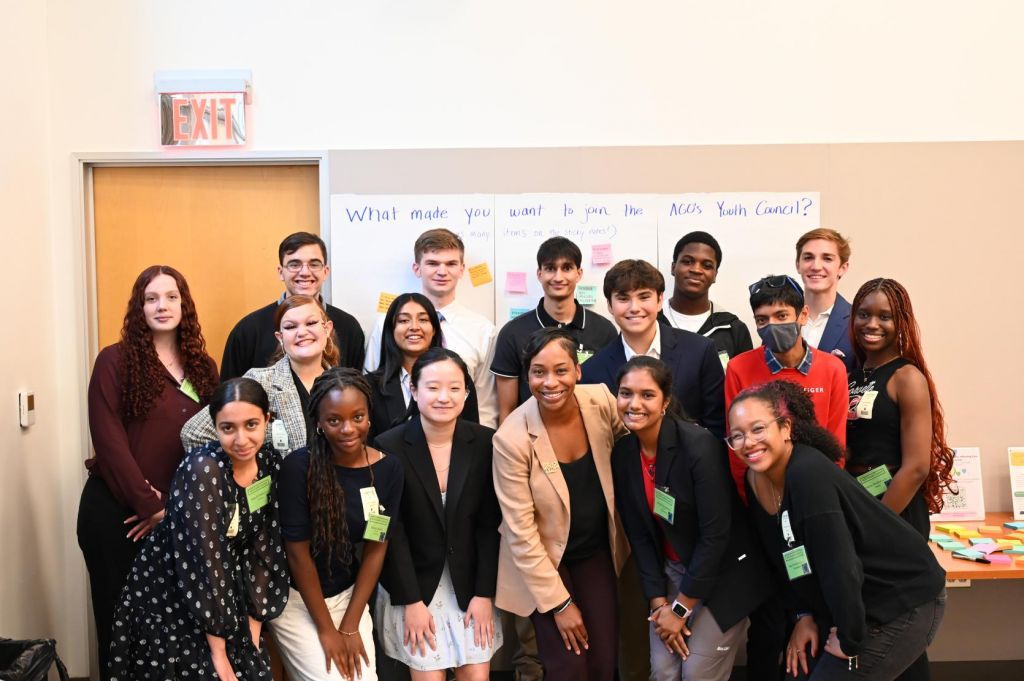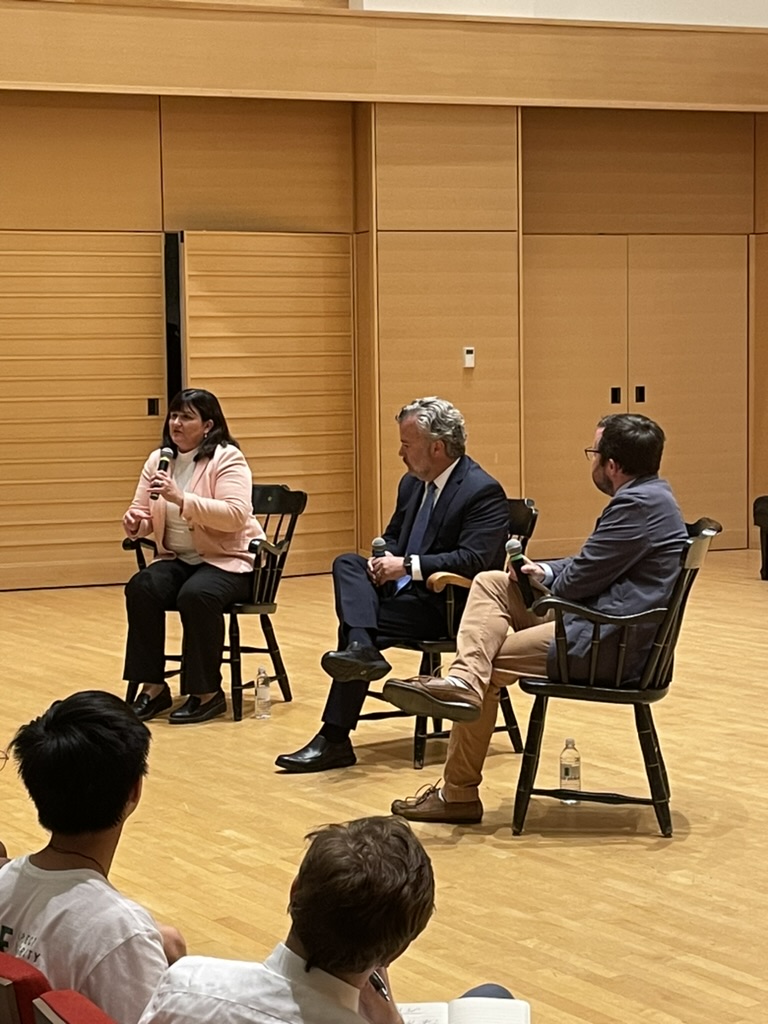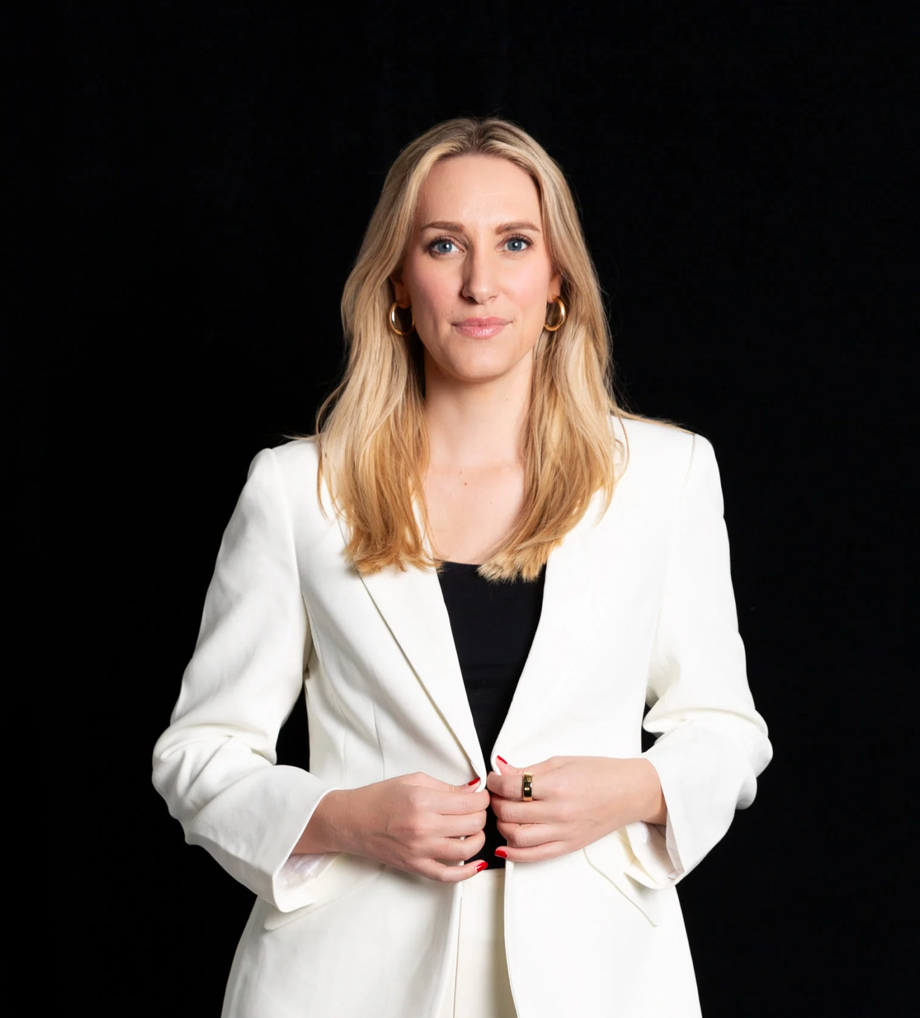
Director of Communications Jessica Day on Libraries Adapting to Current Needs
Libraries are essential because they provide free access to information. This democratization of knowledge is invaluable, especially in a time when access to online content often requires subscriptions or fees. At the library, people can access newspapers, magazines and research databases without cost. Libraries also offer physical and digital resources to help with career development, such as resume-building workshops, interview practice, and skill-building courses, among other topics. The Greenfield Public Library does this and more; it also offers an inviting space for personal growth and community engagement.








